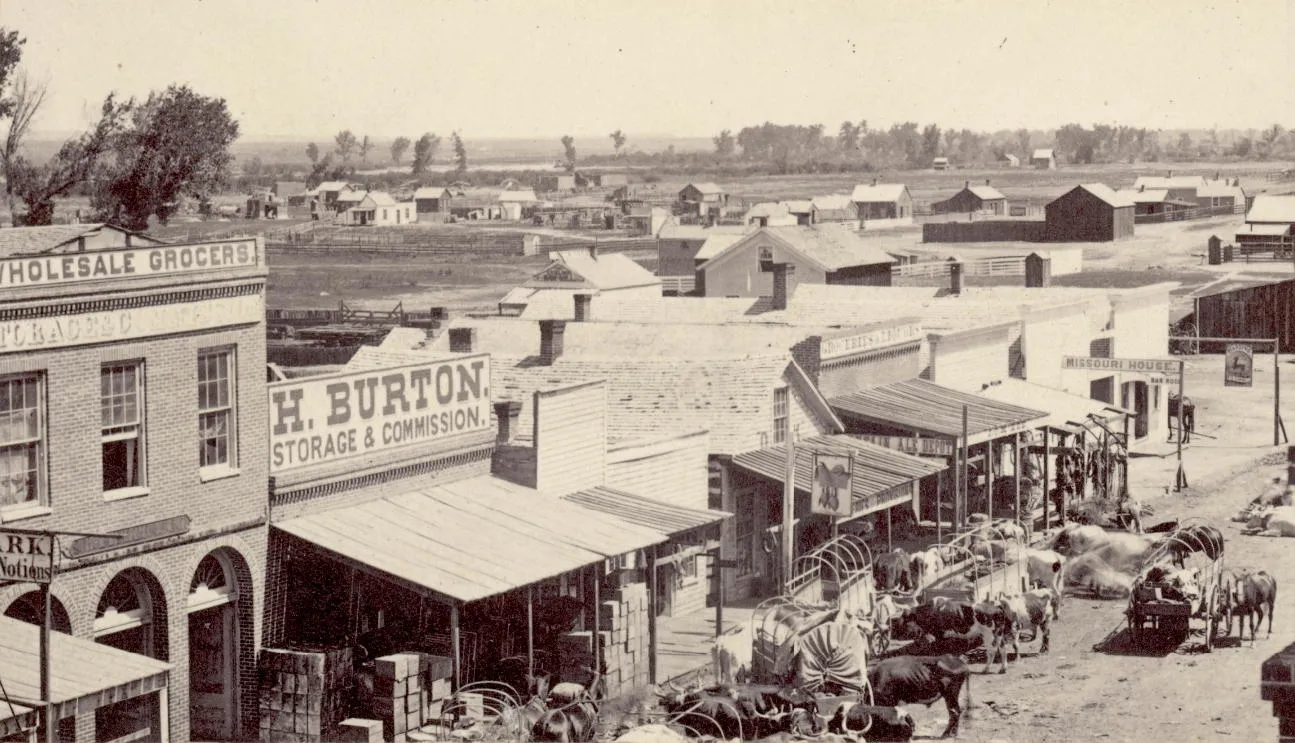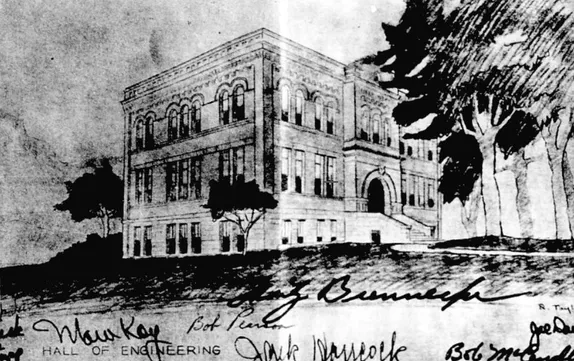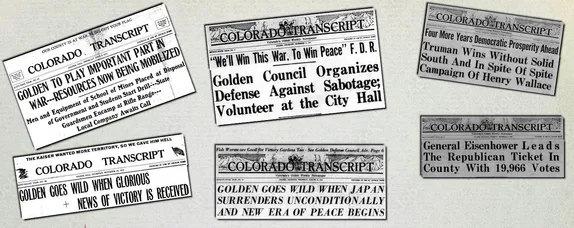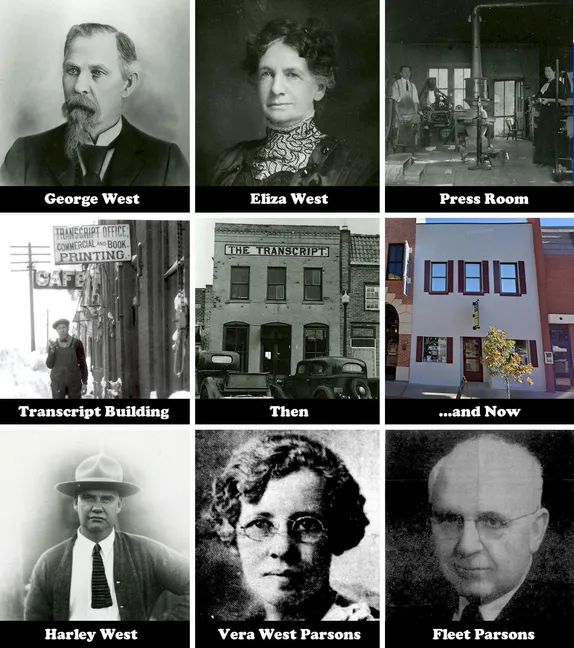164 Years Ago
The September 13, 1860 Western Mountaineer (Golden’s pre-Civil War newspaper) included an interesting pair of articles. The first describes a “Vigilance Committee” operating in Denver. The second covers a “Citizens’ Trial” in Golden. Both provide some insight into frontier justice.
The Denver story concerned a ring of horse thieves, rumored to include
...several men of hitherto fair repute in the community, comprising in all more than fifty members, bound together by a perfect organization, and a complete system of secret signs, grips, and pass-words, and its stations extending to the Missouri river.
The article said that the ring had stolen more than a thousand head of horses, cattle, and mules. The piece went on to comment that recent public trials had been “a mockery,” so it was understandable that citizens had decided to mete out justice. The article expressed no surprise that the committee was shrouded in secrecy, as any public action would have been met with swift revenge.
Thus far, the article said, at least two of the leaders had been killed by committee members and “this fact has caused a grand stamped of the desperadoes, and produced some alarm even among reputable and worthy citizens.”
The article concluded that, as journalists, the writers regretted the necessity for such actions, but if official forms of justice were not effective, unofficial ones were inevitable. You may be familiar with the term for a member of a Vigilance Committee: “vigilante.”

The second article concerned two men who were arrested near Ralston Creek for stealing horses. They were brought to Golden and a trial was organized, with a judge, clerk, defense attorney, prosecuting attorney, and jury.
In this case, several witnesses testified that the two men had been seen loitering near two animals that had been purloined, and one of the prisoners had confessed to stealing them. The court ruled that the confession was “not entirely voluntary,” and so was not admissible as evidence. The jury voted ten for acquittal and two for conviction, so the prisoners were released.
Thus, Golden demonstrated that it was more civilized than Denver. This was an improvement over the Vanover Case, a year earlier, which did not end as well for the defendant.
Many thanks to the Golden Rotary Club for sponsoring for sponsoring Golden History Moments for the month of September.







